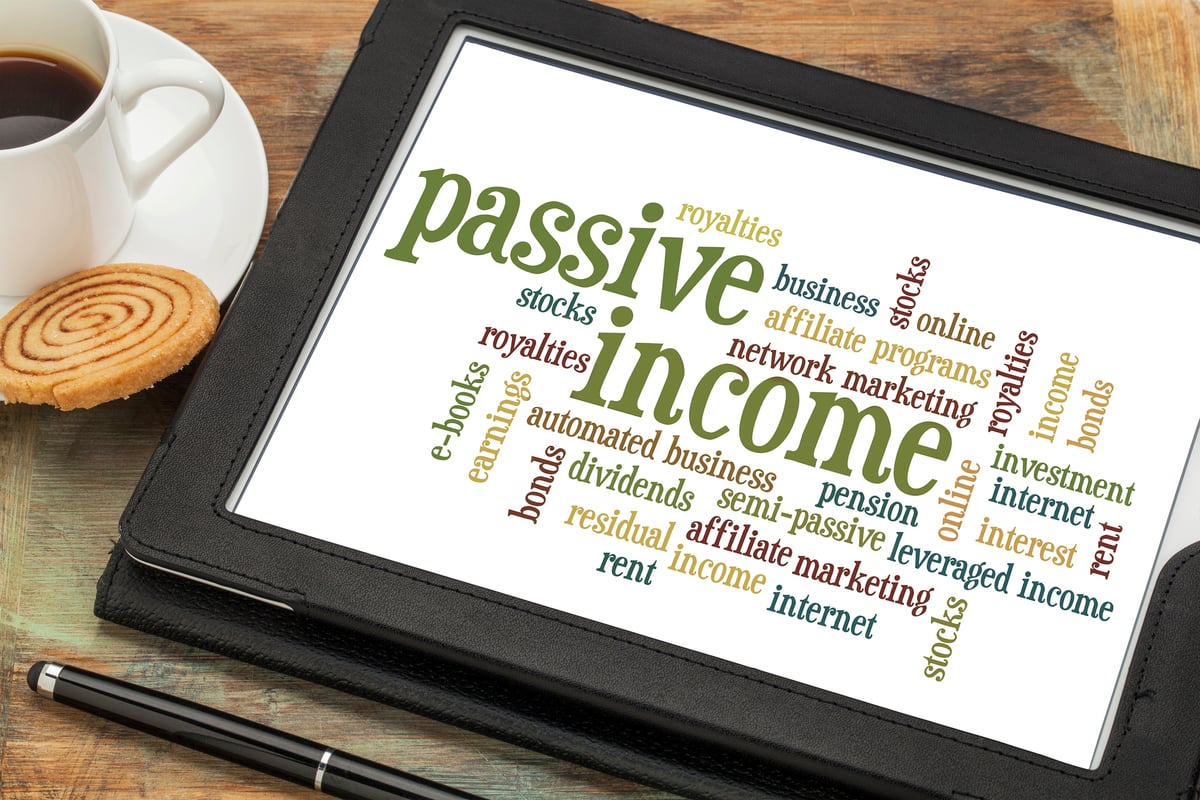Seth Goldman and Barry Nalebuff founded Honest Tea in 1998. In the recently released Mission in a Bottle, the co-founders tell -- in comic book form -- the story of building a successful mission-driven business. Goldman, now president and "TeaEO" of Honest Tea, joins Motley Fool CEO Tom Gardner to discuss sustainability, entrepreneurship, and what it means for a socially responsible, health-oriented business to be bought by Coca-Cola (KO 1.25%) .
Honest Tea is sold in both plastic and glass containers, while Honest Kids comes in a pouch with a foil seam. In this video segment, Goldman shares the decision-making process when choosing each presentation, and how Honest Tea has encouraged kids to become more aware of the waste they produce.
A full transcript follows the video.
Audience member: Tom, thank you so much for the presentation this evening. I find it terribly fascinating. My question goes back to what you originally said was the exorbitant distribution cost, for the distribution channel, to get your product out to the public. It also ties into the sustainability and futuristic views you see.
With home delivery systems such as Verismo, Green Mountain Coffee, SodaStream, MIO, what's holding Honest Tea back from that investment in a home delivery system for the product? Then also, to piggyback on that, what goes into the decision-making process to choose PET plastic for bottling as opposed to RPET, versus glass?
Seth Goldman: First of all, the interesting thing about our product is this is actually a product you can't make at home in the same way. We use real tea leaves, and we're brewing organic tea leaves with organic sugar with water that's been purified in just the right way and boiled just the right way. You can't take that and make it at home the same way.
Certainly, you can bring home tea leaves and boil them and make tea at home, but you wouldn't be able to make it in the same quality. Our tea leaves our easily in the top 10% of tea leaves in the world. I'm not bragging; that's just a fact. There is actually a reason why we put it in a single-serve container. That's the reason why it makes sense for us to sell it that way.
The package -- it was a really interesting decision. We sell in glass and in plastic. Environmentally, I'm actually neutral on it, and I'll tell you why.
The glass bottle is laterally recycled -- glass can be recycled back into glass -- but a glass bottle empty weighs seven times as much as this package, which means that when we ship it around we can ship around 18% more of the plastic bottle than the glass bottle.
The problem with the plastic bottle is it's petroleum based, somewhat recycled, but mostly virgin material. The challenge there is we've got to find a way to use a renewable resin. And, actually, Coca-Cola was the first to bring out a plant-based material that is recyclable.
There are plant-based resins that are not recyclable, and to me that's a dead end. You put it in a recycling bin, you're contaminating the waste stream. You compost it and you've just taken energy and buried it, so that's the wrong thing. An important step that we expect to be at by the end of the year is a plant-based resin that is recyclable.
Tom Gardner: I want you to close with how the beauty of innovation at a great company turns to things like upcycling and TerraCycle. Can you just close with that story?
Goldman: Sure, that's a fun one. Honest Kids is not recyclable. It's a drink pouch, and it's got a foil seam.
We didn't want to play a role in just having these -- we do play a role, but it's actually a very efficient package -- by weight, it's only 3% weight of packaging, 97% weight of liquid, compared to this, which is about 90% weight of liquid, 10% packaging. And by the way, the glass is 70% weight of liquid, 30% package.
Honest Kids is very efficient, but it's still not recyclable. We didn't want the pouches to go in the trash, if we could avoid it. We set up a program with a company that was just getting started called TerraCycle, where kids can collect the pouches in large amounts, send them in, and get a penny per pouch that they can use for the school or PTA or a nonprofit.
Since we started that program, more than 100 million pouches have been taken out of the waste stream, and we've got children thinking about their own role as waste creators, which has been a fun experience.
Gardner: Love it.






